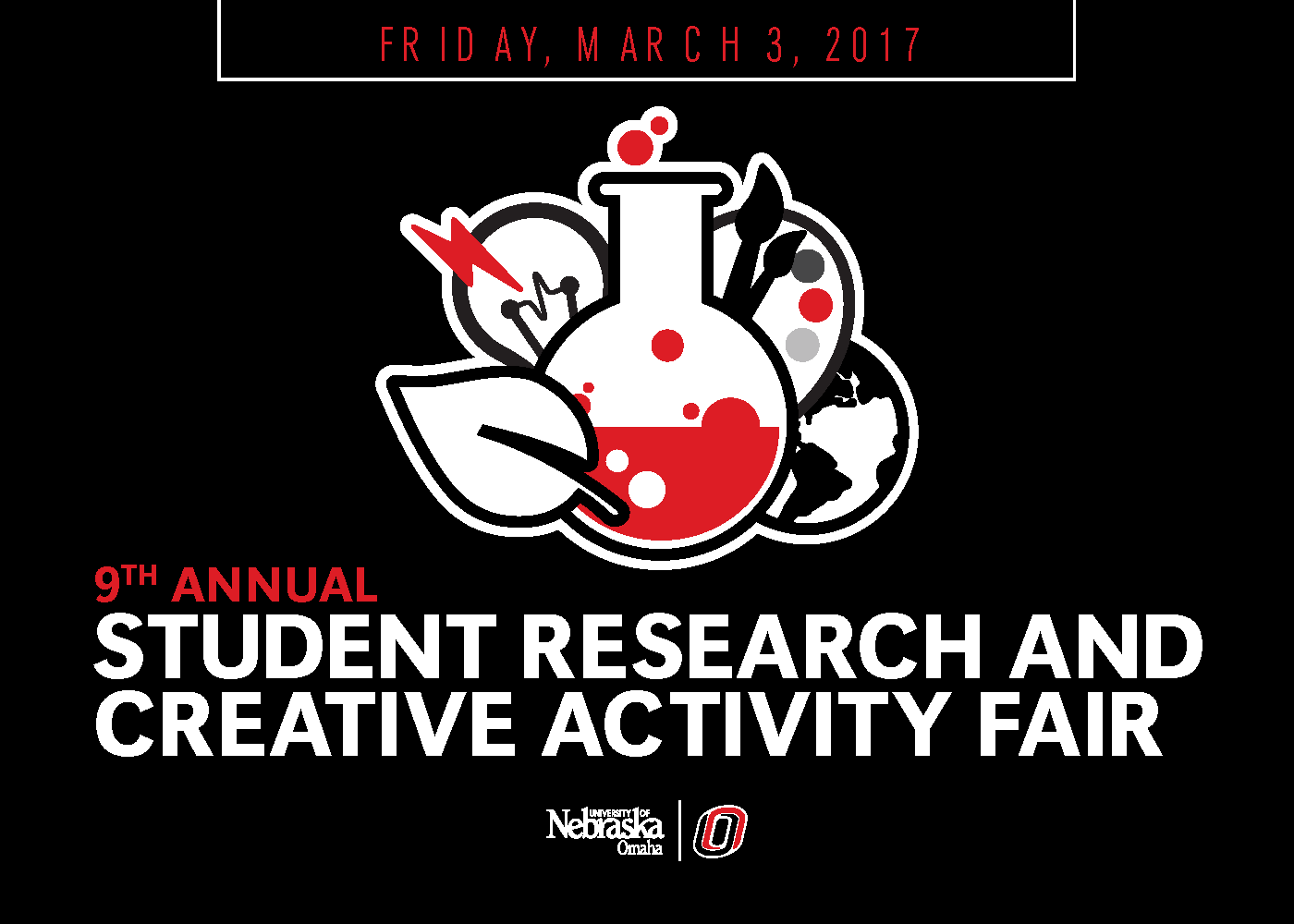
The Roles of Oxytocin and Vasopressin in Modulating Caregiver Responses to Juvenile Marmoset Monkeys
Advisor Information
Jeffrey French
Location
Dr. C.C. and Mabel L. Criss Library
Presentation Type
Poster
Start Date
3-3-2017 2:15 PM
End Date
3-3-2017 3:30 PM
Abstract
The neuropeptide hormones oxytocin and vasopressin are important for healthy social function, and the emerging clinical use of these neuropeptides is important for social disorders including autism, social anxiety, and depression. I explored the influence of neuropeptides on social interactions in marmoset monkeys, an important biomedical model for human families. In this species, fathers and older siblings play an important role in offspring care, along with mothers. My study tested whether oxytocin or vasopressin affected patterns of altruistic food sharing from marmoset parents and siblings toward younger juveniles. I treated parents and older siblings with oxytocin, vasopressin, or saline control and observed food sharing with dependent juveniles. Food sharing by parents was not influenced by neuropeptide treatment. However, neuropeptide treatments altered patterns of food sharing in older siblings in family groups. Older sisters treated with oxytocin shared food with younger siblings more often than when treated with vasopressin. The opposite held for older brothers: food sharing was enhanced by vasopressin, but not by oxytocin. My results suggest that siblings are more sensitive to these hormones than parents, and that oxytocin and vasopressin have sex-specific effects. As neuropeptides become more common in clinical use, my results can inform therapeutic strategies for the treatment of social disorders. My experiment revealed subtle differences in the effects of neuropeptides between sexes, and across different social roles in families. This research was funded by the University of Nebraska at Omaha (Awardee, Allison Intorre (Mace)) and the NIH.
The Roles of Oxytocin and Vasopressin in Modulating Caregiver Responses to Juvenile Marmoset Monkeys
Dr. C.C. and Mabel L. Criss Library
The neuropeptide hormones oxytocin and vasopressin are important for healthy social function, and the emerging clinical use of these neuropeptides is important for social disorders including autism, social anxiety, and depression. I explored the influence of neuropeptides on social interactions in marmoset monkeys, an important biomedical model for human families. In this species, fathers and older siblings play an important role in offspring care, along with mothers. My study tested whether oxytocin or vasopressin affected patterns of altruistic food sharing from marmoset parents and siblings toward younger juveniles. I treated parents and older siblings with oxytocin, vasopressin, or saline control and observed food sharing with dependent juveniles. Food sharing by parents was not influenced by neuropeptide treatment. However, neuropeptide treatments altered patterns of food sharing in older siblings in family groups. Older sisters treated with oxytocin shared food with younger siblings more often than when treated with vasopressin. The opposite held for older brothers: food sharing was enhanced by vasopressin, but not by oxytocin. My results suggest that siblings are more sensitive to these hormones than parents, and that oxytocin and vasopressin have sex-specific effects. As neuropeptides become more common in clinical use, my results can inform therapeutic strategies for the treatment of social disorders. My experiment revealed subtle differences in the effects of neuropeptides between sexes, and across different social roles in families. This research was funded by the University of Nebraska at Omaha (Awardee, Allison Intorre (Mace)) and the NIH.
